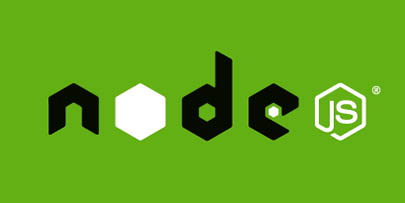
In this tutorial, we will show you how to install Node.js on Ubuntu 19.04 server. For those of you who didn’t know, Node.js is a Javascript platform for programming that enables users to build network applications very quickly. If you are using Javascript on both the front end and the back end, it means your development can be much more consistent and be designed within the same system.
This article assumes you have at least basic knowledge of Linux, know how to use the shell, and most importantly, you host your site on your own VPS. The installation is quite simple and assumes you are running in the root account, if not you may need to add ‘sudo‘ to the commands to get root privileges. I will show you the step-by-step installation of Node.js on a Ubuntu 19.04 (Disco Dingo) server.
Prerequisites
- A server running one of the following operating systems: Ubuntu 19.04, and any other Debian-based distribution like Linux Mint.
- It’s recommended that you use a fresh OS install to prevent any potential issues.
- An active internet connection. You’ll need an internet connection to download the necessary packages and dependencies for Node.js.
- SSH access to the server (or just open Terminal if you’re on a desktop).
- A
non-root sudo useror access to theroot user. We recommend acting as anon-root sudo user, however, as you can harm your system if you’re not careful when acting as the root.
Install Node.js on Ubuntu 19.04 Disco Dingo
Step 1. First, before installing Node.js, ensure your Ubuntu system is up-to-date. Open a terminal and run the following commands:
sudo apt update sudo apt upgrade
Step 2. Installing Node.js on Ubuntu 19.04.
- Method 1. Install Node.js using Ubuntu Repository.
To install Node.JS, run the following command:
sudo apt install nodejs
This will install Node.js however, we still need to install the package manager (NPM) so that 3rd party modules can be installed:
sudo apt install npm
This command installs Node.js and NPM, which is the default package manager for Node.js. By installing Node.js from Ubuntu’s repository, you benefit from the package’s stability and security updates.
Verify the installation:
nodejs --version
- Method 2. Install Node.js from the source.
If your preference is to run more recent versions of Node and NPM, or if you require multiple versions to be installed, you should install from NodeSource.
curl -fsSL https://deb.nodesource.com/setup_20.x | sudo bash -
To install Node.js 20.x after the script above completes, run the following apt command:
sudo apt install nodejs
Verify the installation:
node -v
Step 3. Troubleshooting.
If you encounter issues during installation, refer to the following troubleshooting tips:
- If you’re installing Node.js from NodeSource, ensure you’ve added the repository correctly.
- If Node.js is not recognized after installation, try adding the Node.js binary to your PATH.
- If you’re experiencing version conflicts, consider uninstalling and reinstalling Node.js.
Congratulation’s! You have successfully installed Node.js. Thanks for using this tutorial for installing Node.js on the Ubuntu 19.04 (Disco Dingo) system. For additional help or useful information, we recommend you check the official Node.js website.